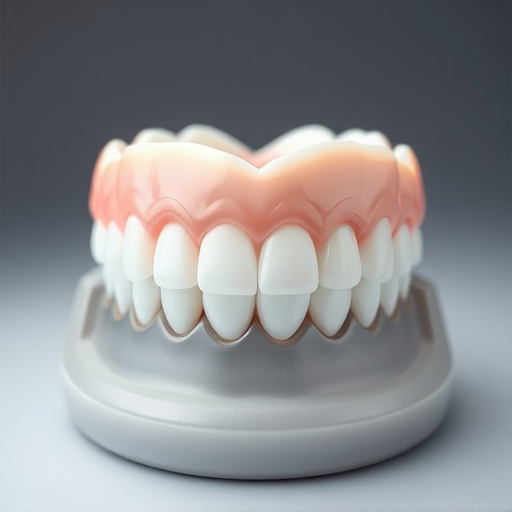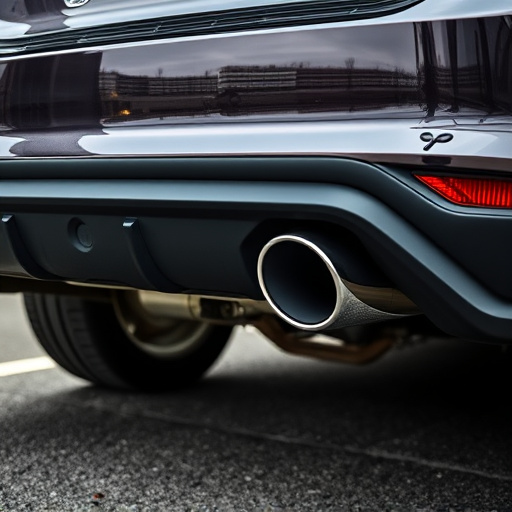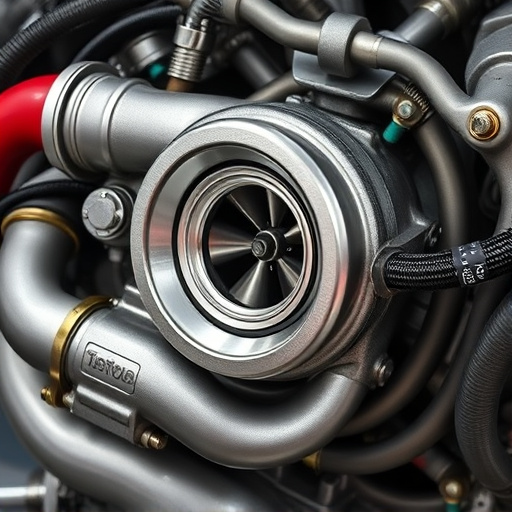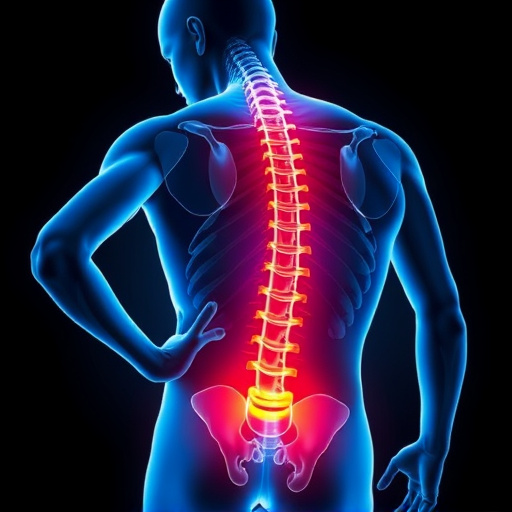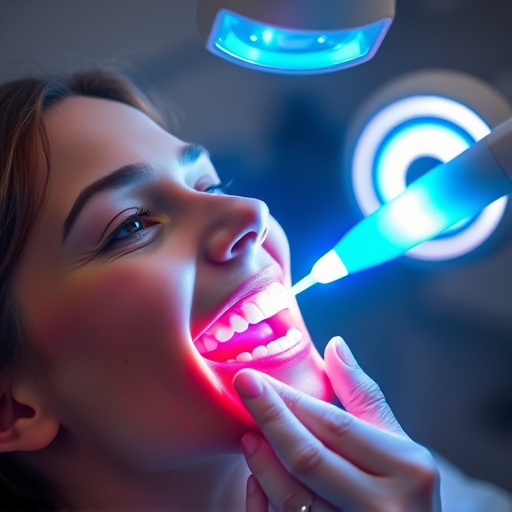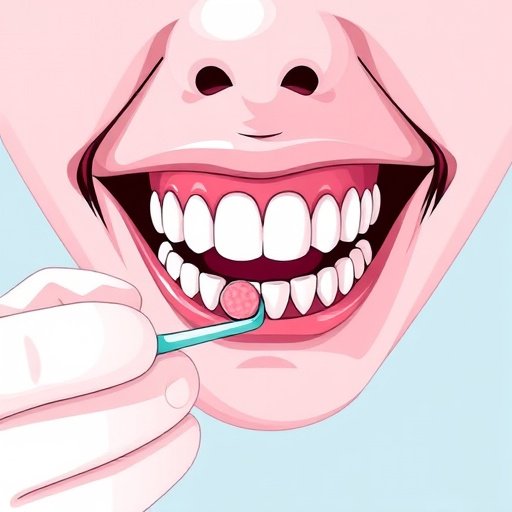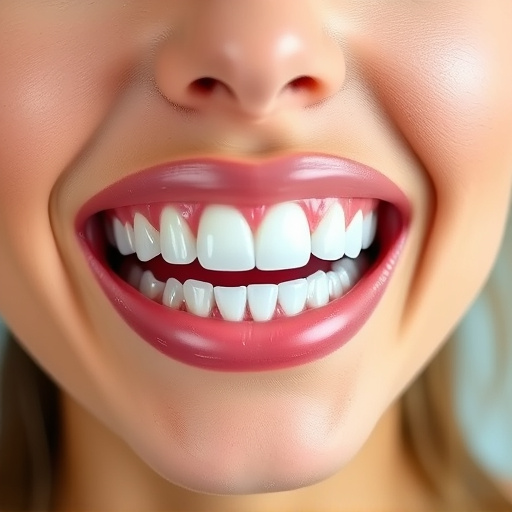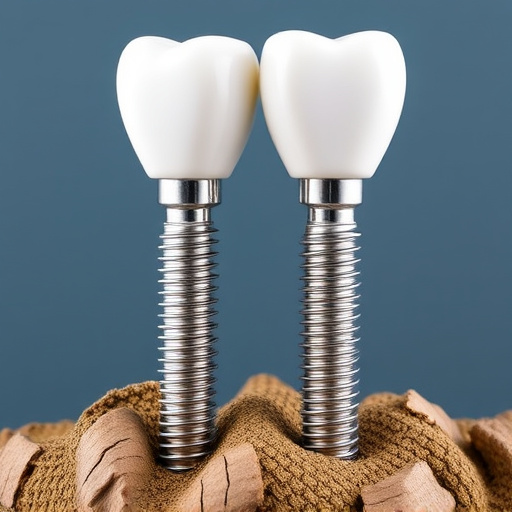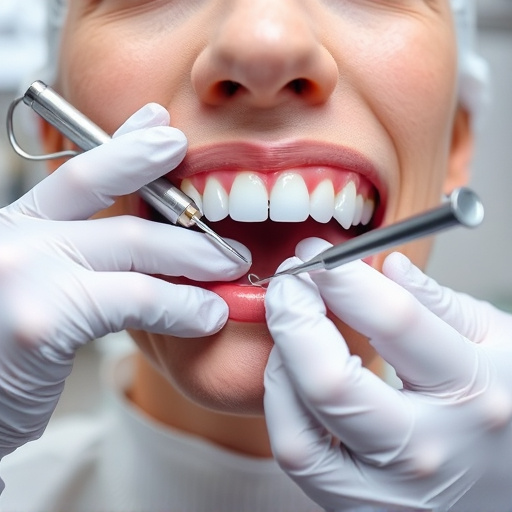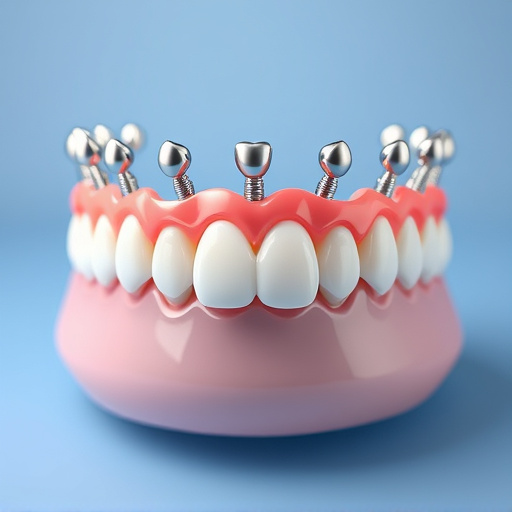Childhood dental health sets the foundation for a lifetime of good oral hygiene. Regular dentist visits, starting at one year old, focus on routine dental maintenance including cleanings and exams. This proactive approach prevents tooth decay, gum disease, and other common issues, reducing future costs for extensive cosmetic dentistry. By establishing comfort, teaching proper brushing and flossing, and addressing concerns early, these visits ensure long-term oral well-being.
Routine dental maintenance is a cornerstone of optimal health across all age groups. This article delves into the multifaceted benefits of consistent dental care, from establishing good habits in childhood to addressing specific concerns in adolescence and managing implants in later years. By exploring preventive measures, regular check-ups, and age-specific challenges, we uncover how routine dental maintenance acts as a powerful tool for maintaining healthy smiles at every stage of life.
- The Role of Routine Dental Maintenance in Childhood
- – Preventing dental problems early
- – Establishing good oral hygiene habits
The Role of Routine Dental Maintenance in Childhood
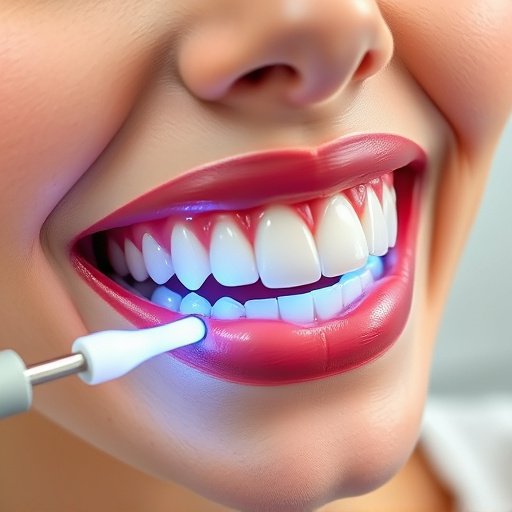
Childhood is a critical period for establishing good oral hygiene habits. Routine dental maintenance plays a pivotal role in shaping healthy smiles and setting the foundation for lifelong dental well-being. Regular visits to the dentist, often starting as early as a child’s first birthday, serve as a proactive measure against tooth decay and gum disease. These visits include professional cleanings and thorough examinations that remove plaque buildup and identify potential issues early on.
Incorporating routine dental maintenance into a child’s schedule fosters a sense of comfort and normalcy around dental care. It teaches them the importance of oral hygiene, promotes proper brushing and flossing techniques, and helps to dispel any fears or anxieties associated with dental procedures. Moreover, family dentistry professionals can provide age-appropriate education, making dental visits less daunting for young patients. This early start contributes significantly to avoiding costly cosmetic dentistry procedures in the future by keeping teeth strong and healthy.
– Preventing dental problems early
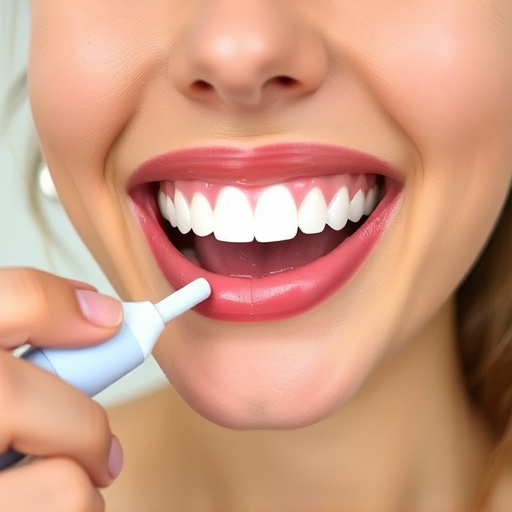
Maintaining a routine dental care regimen is the cornerstone of preventive dentistry for individuals of all ages. By incorporating regular dental cleanings into one’s schedule, potential issues can be identified and addressed before they develop into more serious problems. Early detection is key in saving time, money, and most importantly, preserving oral health. A simple dental cleaning can reveal signs of plaque buildup or gingivitis, allowing for prompt intervention to prevent further complications.
Additionally, routine visits offer an opportunity to discuss any concerns with a dental professional. From there, personalized advice on improving oral hygiene practices can be provided. This proactive approach ensures that minor issues like tooth sensitivity or mild decay are treated early, preventing the need for more invasive procedures later on, including cosmetic fillings for more severe cases.
– Establishing good oral hygiene habits
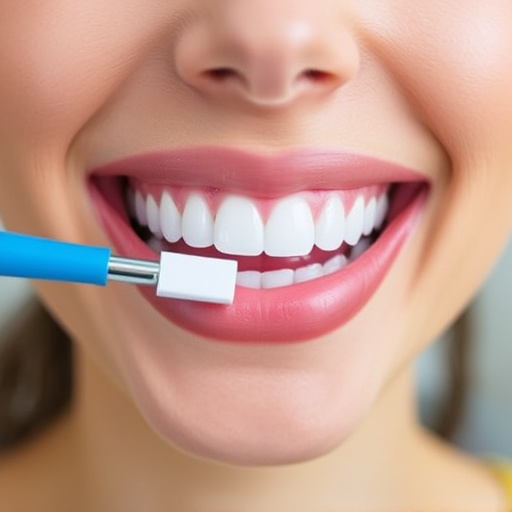
Maintaining good oral health is a lifelong journey, and establishing solid oral hygiene habits from an early age sets the foundation for future dental well-being. Routine dental maintenance plays a pivotal role in this process, serving as the cornerstone of preventive dentistry. By scheduling regular check-ups and cleanings, individuals of all ages can prevent common dental issues such as tooth decay and gum disease before they become severe.
During these visits, dentists can also perform crucial procedures like dental fillings to repair minor damage or detect potential problems through comprehensive examinations. This proactive approach to oral care not only saves time and money in the long run but significantly reduces the need for more invasive treatments, including painful tooth extractions.
Routine dental maintenance is a fundamental practice that benefits individuals across all age groups. From preventing dental issues at an early stage for children to maintaining optimal oral health in adulthood, consistent care is key. By establishing good oral hygiene habits from childhood, we lay the groundwork for a lifetime of healthy smiles. This proactive approach not only saves time and money in the long run but also ensures that each individual can enjoy confident and comfortable oral health.


